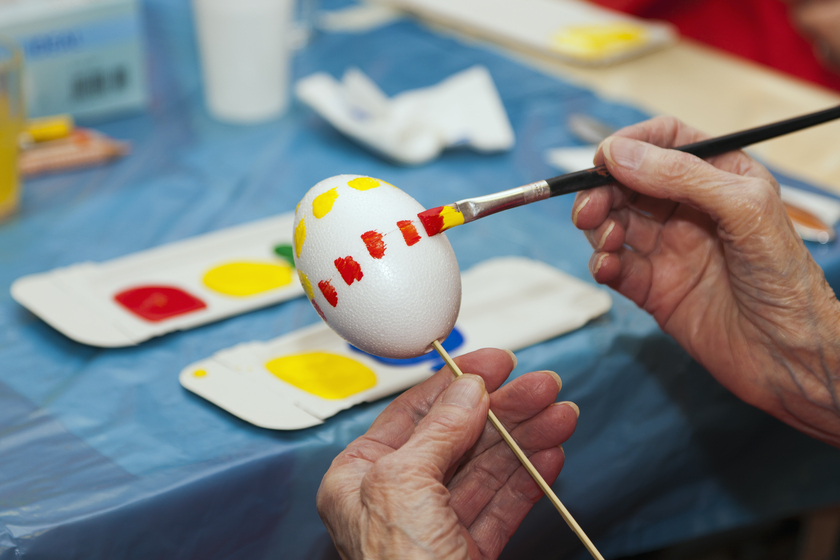Choosing quality care for our elderly loved ones, especially those with memory-related conditions such as Alzheimer’s or dementia, becomes a critical task. In such cases, specialized environments known as memory care units often become the most suitable choice. In particular, memory care units in North Port, FL, are revolutionizing senior care by incorporating sensory stimulation—a strategy offering significant benefits.
What is Sensory Stimulation and Why it Matters?
Sensory stimulation refers to activities or experiences that engage one or more of the five senses—sight, hearing, smell, taste, and touch. This approach is designed to evoke positive emotions, stimulate memories, and consequently enhance the quality of life for the elderly living in memory care communities. Sensory stimulation provides the elderly, particularly those grappling with memory conditions, a gentle, enjoyable, and effective way to keep their minds active.
The Role of Sensory Stimulation in Cognitive Function Enhancement
Sensory stimulation plays an important role in promoting cognitive function among the elderly with memory-related conditions. Regular sensory engagement activities like listening to music from their youth, tasting different types of food, or tactile interactions with textures such as soft fabrics or stress balls, all serve to keep the brain active. This strategy helps slow the rate of cognitive decline, encourages problem-solving and memory recall, all while fostering feelings of self-esteem and autonomy.
Emotional Benefits and Mood Improvement
The power of sensory stimulation extends beyond cognitive enhancement. It also holds significant potential for improving the emotional well-being of individuals in memory care. Living with memory conditions often brings emotional challenges like depression and anxiety. Sensory stimulation serves as an emotional anchor, generating positive feelings and increasing comfort.
Social Interaction and Community Building
Memory-related conditions often cause the elderly to withdraw from social situations. However, sensory stimulation activities designed for group settings can encourage social interaction. These activities offer opportunities for communal engagement, shared experiences, and collective enjoyment, fostering a sense of belonging and reducing feelings of isolation.
Enhancing Communication and Connection
Memory conditions often result in communication challenges, making it difficult for the elderly to express their feelings and experiences. Sensory stimulation opens up new non-verbal communication channels. For instance, a song might lead to a discussion about past concerts, or a particular texture might recall a story about a long-remembered item of clothing. These shared sensory experiences can lead to improved relationships and deeper connections between the individual, their caregivers, and their peers.
Impact on Sleep Quality
For the elderly with memory-related conditions, a good night’s sleep is not only a necessity but also a major contributor to their overall health. Sensory stimulation, especially before bedtime, can help promote relaxation and induce better sleep. Incorporating a routine involving calming scents, soft lighting, or soothing sounds can significantly enhance sleep quality.
The Future of Memory Care
Sensory stimulation in memory care units is more than a strategy; it is a philosophy of care. It is about recognizing and respecting each person’s individuality and their life experiences. In cities like North Port, FL, it’s inspiring to see how this philosophy is being implemented to enhance the lives of the elderly with memory-related conditions. As we look forward, the sensory stimulation approach underscores the future of memory care—an environment that not only cares for physical needs but also nurtures the mind and soul.







